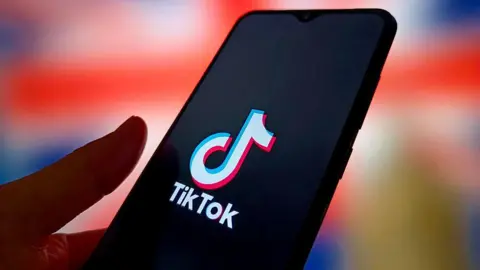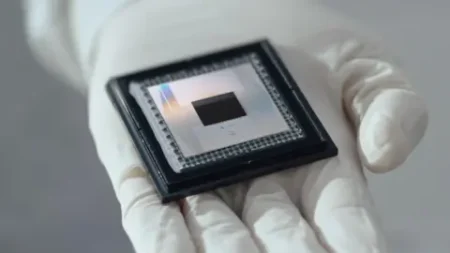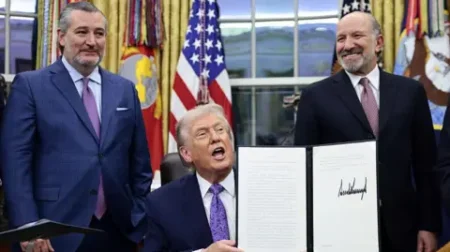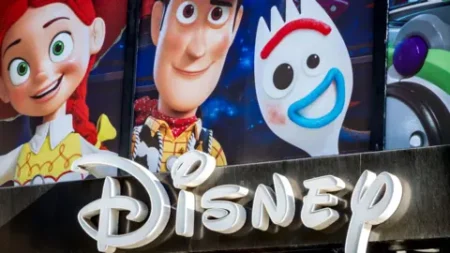In a recent interview with Fox News, former President Donald Trump made headlines by announcing that he has secured potential investors for TikTok, the controversial video-sharing app that has faced scrutiny and legal threats in the United States. Trump claimed that a group of “very wealthy people” is interested in acquiring the platform, which has been under intense pressure from the U.S. government over national security concerns linked to its Chinese ownership. The timing and details of this potential acquisition remain under wraps, but Trump hinted that more information could be revealed within two weeks.
TikTok, owned by the Chinese company ByteDance, was banned in the U.S. due to fears that it could be used as a tool for the Chinese government to collect data on American citizens. This controversial situation has been further complicated by political dynamics between the two nations. Notably, for any sale to materialize, it would still require approval from the Chinese government—a hurdle Trump believes could be navigated. In his interview, he speculated that Chinese President Xi Jinping “will probably do it,” implying a level of optimism about reaching an agreement that might facilitate the sale.
Trump’s announcement comes after prolonged tensions surrounding TikTok, especially following multiple delays in the enforcement of a law mandating its sale. In this context, Trump revealed that he had delayed the execution of this law for the third time, suggesting ongoing negotiations might be in progress. The current timeline for ByteDance to find a buyer has been extended to September 17, emphasizing the administration’s attempt to manage the transition for TikTok’s parent company.
The former president also indicated some uncertainty about the identity of the buyer, questioning whether it may be the same potential investor that previously pursued the acquisition three months ago. Earlier this year, a previous deal attempted to transfer TikTok to an American company fell apart amid tariff disputes and tensions between the White House and China. This backdrop underscores the complexity surrounding U.S.-China relations, particularly in the tech sector, where issues of data security and privacy have become paramount.
Furthermore, it should be noted that Congress enacted a law in April last year compelling TikTok to divest its U.S. operations, citing apprehensions regarding the possibility of user data being accessed by the Chinese government—a claim TikTok has consistently denied. Critically, Trump, who had previously criticized TikTok, seemingly shifted his stance to see value in it as a platform, particularly in the context of the upcoming 2024 presidential elections, hinting that TikTok could serve as a strategic asset for voter engagement.
As further developments unfurl, one cannot overlook the legal and constitutional challenges TikTok has faced. The platform challenged the constitutionality of the legislation mandating its sale, although it ultimately lost its case in front of the U.S. Supreme Court. This turn of events highlights the precarious position TikTok finds itself in—the intersection of technology, politics, and legal hurdles forms a complex landscape that the app must navigate.
To sum up, Trump’s recent claims regarding a potential buyer for TikTok signify a significant chapter in the ongoing saga of the app in America. The complexities involving national security concerns, international relations, and domestic political strategies will undoubtedly shape the future of TikTok in the U.S., as both investors and lawmakers watch closely. Whether this potential acquisition will come to fruition remains uncertain; however, the convergence of capital and politics in this case illustrates the intricate dynamics of social media in the current era.











